There is a lot of talk at the moment about Inflation here in New Zealand. This article discusses the effect it may have on your business and particularly on your technology.
As you know, inflation is when things are more expensive to buy. Diminished purchasing power means your business may sell less and see lower profits, all while paying higher costs for things your business needs. Of course, if your business is the low-cost option, inflation may not be so bad, but many do suffer when the cost of living and just about everything else increases.
So, how does that impact your business technology? Well, it’s one of the many costs you may see go up.
Inflation and business technology
Inflation often starts when it’s hard to get goods and services. Heard the phrase “supply-chain challenges” in the last few years? We’re guessing, yes. So, you know firsthand the difficulties of getting some items. We’ve definitely seen this here in New Zealand with getting IT hardware.
You may have already noticed price jumps in several business tech areas. IDC research found that server and storage prices are up by 10–15 percent, and that costs for laptops and personal computers have risen even more, by between 18 and 20 percent. Even what you’re paying for software or cloud services may have increased. IDC found price jumps of 5–7 percent.
What to do about it
The best thing you can do is to look for business efficiencies and ways to reduce costs. As a managed service provider (MSP) we can help on this front. Among the many services we offer, we are always focusing on:
- learning about your business technology and look for cost savings;
- identify any duplication of services or software licenses (you could be one of the third of businesses, on average, with wasted software spend);
- installing cybersecurity to help you avoid costly downtime and damage to your business reputation;
- securing better rates by consolidating your resources with fewer vendors for volume discounts.
Having an MSP can also help you hold on to your existing employees. You can make more efficient use of any IT staff you have on-site. Plus, the MSP can find out how your people do their work and suggest streamlined processes. Retention is easier when people feel productive and supported by your tech offerings. For smaller businesses here in New Zealand the cost of having an IT department may not be realistic, hence why using a Managed Service Provider like Ultra IT makes it very cost efficient.
Most MSPs will recommend you migrate to cloud computing if you haven’t already done so. Yes, some cloud service prices have increased, but not at the level of the hardware you need for your own IT infrastructure. Plus, with cloud infrastructure you can benefit from:
- enhanced flexibility;
- scalability and speed;
- pay-as-you-go pricing.
Partner with us
As your MSP, we’ll look for efficiencies and ways to reduce your costs. It’s what we do, regardless of which way the economy is going. Outsourcing your IT management is also a very cost-effective solution. Contact us here to discuss your specific requirements.





